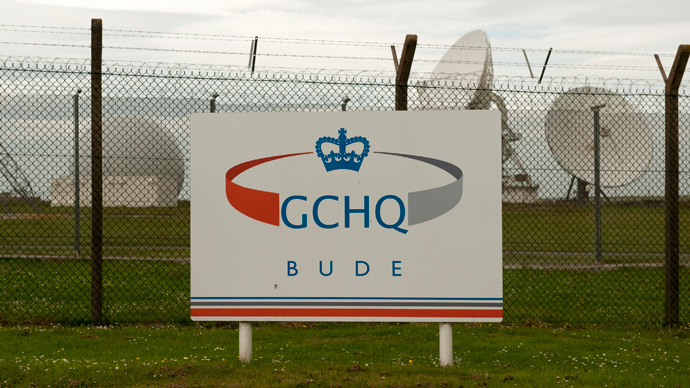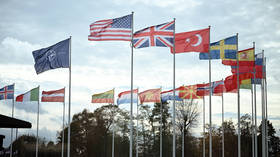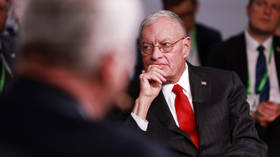GCHQ cleared of illegal activity, but questions on snooping approvals ‘overuse’ linger

While Britain’s intelligence agencies do not circumvent UK law or carry out “indiscriminate mass intrusions” of law-abiding citizens, they may be overusing authorizations to access private communications data, a government-appointed commissioner says.
Sir Anthony May, who was appointed Interception of Communications Commissioner by Prime Minister David Cameron, has been studying concerns raised by former US intelligence contractor Edward Snowden about cooperation between the UK’s eavesdropping agency GCHQ and the US National Security Agency (NSA). He said he has found no evidence of indiscriminate mass intrusions.
May’s report said that various government agencies had been allowed to access details of people’s phone calls and emails on over half a million occasions and that he felt this may have been “too many.”
“It seems to me to be a very large number. It has the feeling of being too many. My office is in the process of undertaking an inquiry into whether there might be an institutional overuse of authorizations to acquire communications data,” said May, a senior judge and member of the Queen’s Privy Council.
He said that members of the public who do “not associate with potential terrorists or serious criminals” can be assured that the agencies do not have “the slightest interest in examining their emails, their phone or postal communications or their use of the internet.”
May also concluded that GCHQ does not break British law by receiving information from US agencies.
“British intelligence agencies do not circumvent domestic oversight regimes by receiving from US agencies intercept material about British citizens which could not lawfully be acquired by intercept in the UK,” May said.
A spokesman for the UK Home Office said that May’s review was welcomed but that communications data was vital to intelligence work and the fight against serious and organized crime.
“Communications data has played a significant role in every major security service counter-terrorist operation over the last decade and is used in 95 percent of all serious and organized crime investigations,” he said.
Despite May’s concerns of the large number of communications data requests, he said that the number in 2013 was lower than 2012, with 2,760 interception warrants issued, a drop of 19 percent.
While 11.5 percent of requests has been made by intelligence agencies, the rest were made by the police and law enforcement agencies.
However, May noted that there were 970 errors – some of which were serious and in two cases warrants were used to search the homes of innocent people.
The report also noted that some police forces used communications data more than others.
Cameron said that the findings of the report showed “that public authorities do not engage in indiscriminate random mass intrusion.”
A copy of his report has been passed to Cameron and parliament.
In October 2012, Cameron announced the appointment of May, effective January 2013.
May cites the “unreliability and inadequacy of the statistical requirements” and that as a result the report is “as detailed and open as I have been able to make it.”
May concludes that “public authorities do not misuse their powers under RIPA [Regulatory and investigatory Powers Act]," although it is unclear from his report how much of the activities of GCHQ or the police happens with or without authorization.
There is also a considerable difference between the way Europe deals with citizens’ privacy and Britain’s approach. The UK’s MI5, MI6 and GCHQ have traditionally had a strong collaborative relationship with US intelligence agencies.
As May cleared GCHQ of any wrongdoing, Edward Snowden told the Council of Europe by a video link from Moscow on Tuesday that the NSA had targeted human rights organizations such as Human Rights Watch and Amnesty International.















